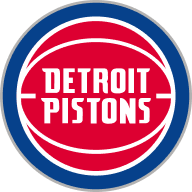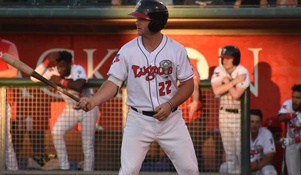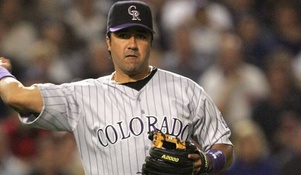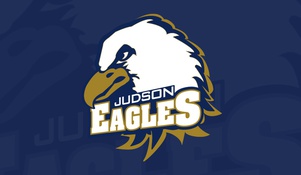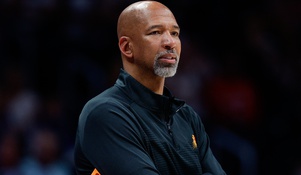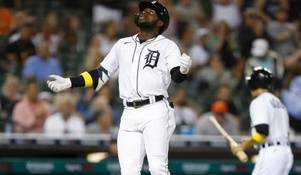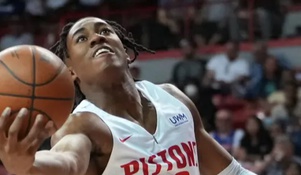Bad Boys Leftover: The 1991-92 Detroit Pistons Season
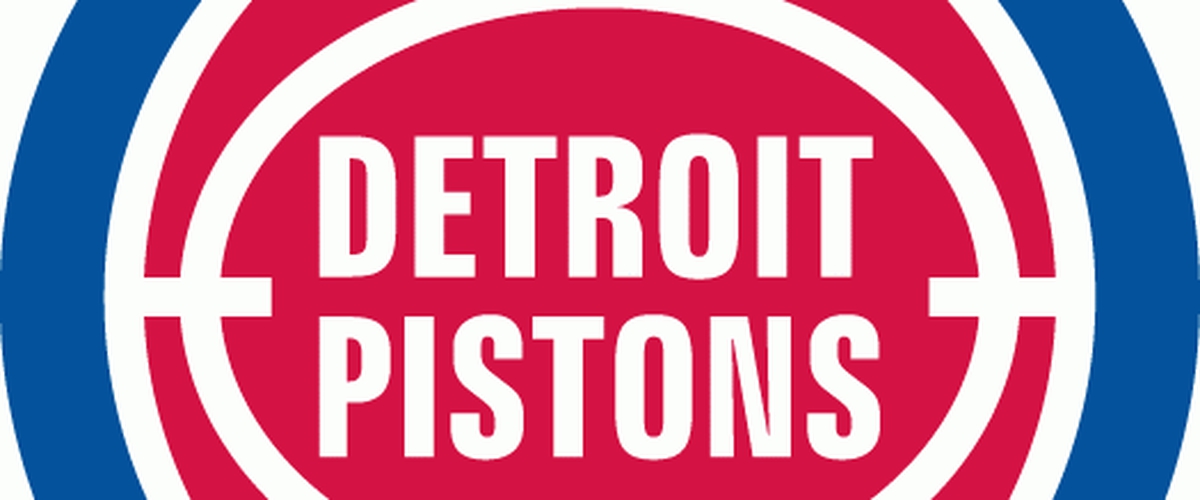
Most folks label the Bulls' sweep of the Pistons in the 1991 Eastern Conference Finals as "the end of the Bad Boys". What most basketball historians fail to take note of is what type of follow-up effort the Pistons would put forth the following season.
Isiah Thomas was 30 with the mileage and injury history of a 37-year-old. Bill Laimbeer was 34 and was moved out of the starting lineup for a significant portion of the season. Joe Dumars was in his prime at 28, and Dennis Rodman was the reigning back-to-back NBA Defensive Player of the Year. During the 1991 off-season, Detroit had moved on from some of the aging veterans from their '89 and '90 title teams. James Edwards was traded to the Clippers, while Vinnie Johnson was cut and picked up by the San Antonio Spurs. Former Bull Orlando Woolridge was brought in to provide new punch to a fading Piston offense. Woolridge had averaged over 25 points per game for the lowly Denver Nuggets the season before and was a former teammate of Laimbeer at Notre Dame.
At first, it appeared that the Pistons' hangover from the previous season's sweep had spilled into the 1991-92 campaign, as Detroit started a mediocre 9-13. Then, on December 14 in Salt Lake City against the Utah Jazz, the bear would be poken with a stick:
Thomas would miss the next three games after requiring 40 stitches to his head, while Malone was immediately ejected and was handed a one-game suspension by the league. Detroit would use this as a rallying cry, and would run off five consecutive wins, the first three without Isiah, and were back on the winning track.
By January 31, the Pistons' record still stood at an uninspiring 24-20, as Detroit welcomed the playoff-bound Miami Heat into the Palace to close the month of January. The Heat were led by its young star Glen Rice, who had several local ties after leading the University of Michigan to the NCAA title two seasons earlier. Miami led 48-45 at the half, but Detroit's efficient offense erupted for 35 points in the third quarter en route to an easy 109-98 victory. Thomas, Dumars, and Woolridge each scored at least 25 points in the win, with Dumars leading the way with 29, and Rodman contributed 25 rebounds.
The victory over the Heat would springboard a 17-6 stretch over the next 23 games for the Pistons, and the team cruised into the playoffs as the #5 seed, finishing with 48 wins, just two fewer than the year before. In the opening round, they would be matched up with their younger, physical equals, the New York Knicks. And from the opening tip, the Knicks immediately made the Pistons look old, destroying them on the glass with a rebound differential of 50-23 in Game 1.
After this 109-75 loss, it was down to business. The '92 Pistons weren't your vintage Bad Boys, but Detroit would respond to its Game 1 wake-up call in a way that only the Bad Boys could. Coach Chuck Daly would re-insert Bill Laimbeer into the starting lineup in order to stabilize the paint, and the result was, well, at least as history would indicate - Predictable.
The team would battle the Knicks to a classic grind-it-out, defensive struggle in Game 2. New York had led ever so slightly after each quarter but it was the Pistons who won the 4th, 22-19, and with it the game, 89-88. Dumars led Detroit with 21 points, while Woolridge added 16, and perhaps most importantly - Laimbeer's presence in the middle had held Knicks star center Patrick Ewing to 5-of-20 shooting from the floor. Laimbeer would contribute 8 points and 12 boards of his own as the Pistons went from overmatched to a tied series in the matter of 48 hours, and home court advantage heading into Game 3.
Detroit came three points short of sending Game 3 into a second overtime, as Bill Laimbeer missed a buzzer-beating three that would have tied it, but the Pistons would prevail in Game 4, forcing a fifth and deciding game in New York. Ultimately, the Knicks' home court advantage would be the determining factor, as they would take the game and the series, 94-87. In the aftermath of this defeat, the Pistons would continue the dismantling of their championship teams of a few seasons earlier. John Salley would be traded to the Heat over the summer for a future draft pick that would eventually turn into Lindsey Hunter, a starting point guard for multiple seasons in Detroit. Chuck Daly had agreed to coach the New Jersey Nets after his contract with the Pistons had expired in '92.
The first round exit was not exactly your storybook ending. After all, they were the Bad Boys. Nothing they ever did was considered "cute". But, the 1992 season proved that the Bad Boys still had plenty of fight in them and didn't merely lie down after their devastating playoff loss the year before, and finished just one win short of facing Jordan and the Bulls for the fifth straight postseason. For them to bounce back from a poor start to season, not to mention the 34-point beat-down they were handed in the '92 postseason opener, it added what was arguably one of the more meaningful chapters to the legendary Bad Boys mystique.

